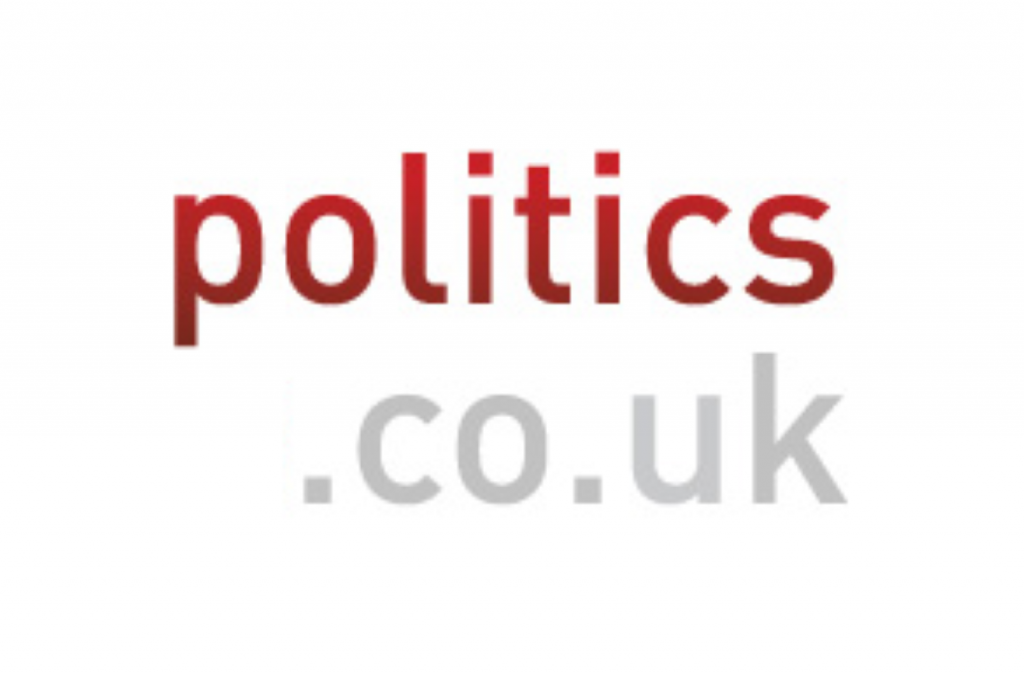The Pre-Budget Report made simple
Alistair Darling has delivered the final Pre-Budget Report (PBR) before the election. Find out the chancellor’s main points, where money will be spent and saved, and how much bashing the bankers will get.
By Emmeline Saunders
Taxation
The chancellor came down hard on bankers’ bonuses as expected with a 50 per cent one-off tax on any over £25,000. But he also reduced his previous forecast of £50 billion of potential losses for the banking bailout to £10 billion, and said his aim is still to get back all the taxpayers’ money.


In addition, the PBR pledged:
– VAT to go back up to 17.5 per cent on January 1st as expected
– To defer an increase in corporation tax for small businesses
– To end the stamp duty holiday on certain properties on January 1st
– National Insurance to rise by 0.5 per cent in April 2011, on top of the 0.5 per cent increase in last year’s PBR
– Inheritance tax allowance to be frozen at £325,000 for the next year
– From April 2012, the 40 per cent income tax point will be frozen for one year
– 50p broadband tax each month on telephone landlines to fund installation of “super-fast” broadband to 90 per cent of the population
– A ten per cent tax on patents income to invest in science development.
Economy
The forecast is slightly worse than projections in April’s Budget, with the economy set to shrink 4.75 per cent this year.
The report also stated:
– A growth of one-1.5 per cent is expected next year, and 3.5 per cent in 2011 and 2012
– Borrowing is £3 billion higher than predicted in the Budget, at £178 billion
– This will reach £176 billion next year and £140 billion in 2011 before falling to £96 billion in 2013
– The Budget deficit to be halved by 2013 and total spending in 2010/11 to rise by £31 billion
– Current spending to fall by 0.8 per cent between 2011/12 and 2014/15.
Public sector, families and benefits
The government is set to cut down on public sector spending, with a cap on pay settlements of one per cent for two years from 2011.
Other plans for families include:
– Young people under 24 will be guaranteed work or training after six months out of work, down from 12 months as pledged in the Budget
– An extra half a million children from low-income families to receive free school meals, lifting 50,000 out of relative poverty
– As announced in October, the basic state pension to rise by 2.5 per cent in April 2010, but contributions to public sector pensions will be cut by £1 billion a year, meaning teachers, NHS workers and the civil servants will have their contributions capped
– Child and disability benefit to rise by 1.5 per cent next year
– Low-income families will receive help in paying the mortgage with a six-month extension to support for the mortgage interest scheme
– Part-time workers over the age of retirement will have their working hours cut, and may find it easier to receive working tax credit
– Bingo duty cut to 20 per cent from next year’s Budget.
Environment
From updating boilers to cleaning up the chemicals industry, the PBR pledged financial support for green policies both in Britain and across Europe.
Alistair Darling promised:
– Investment in green technologies, including a £160 million investment in low-carbon and renewable projects and ?100 million in a European Investment Bank-led fund
– Electric cars will be exempt from company car tax for five years, and £30 million to be invested in low-carbon transport projects
– Owners of home wind turbines or solar panels able to sell excess electricity to the national grid and earn up to £900 a year tax-free
– £400 million to support business investment in low-carbon growth and help households reduce energy costs
– Support for offshore wind projects accredited between April 2010 and March 2014
– Commitment to fund carbon capture and storage demonstration projects with contributions from electricity suppliers
– £120 million for low-carbon industries to go towards manufacturing and testing offshore wind and smart grid technologies and improving energy use in the chemicals industry
– £400 to up to 125,000 homes to upgrade old boilers to the latest energy efficient models, costing a total of £200 million
– An extra £200 million for Warm Front to help 75,000 vulnerable households with heating and insulation costs, as well as offering discounts on energy bills to one million homes by 2013/14.

